Education: Engaging in Argument From Evidence
|
|
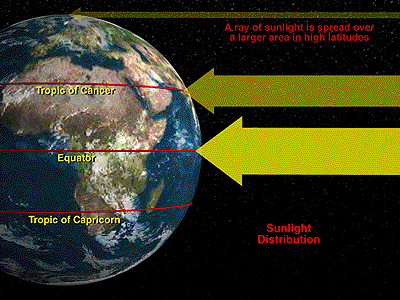
Atmosphere and the Ocean (00:02:26)
Ted Taylor, a high school earth sciences teacher at Bangor High School, discusses how to get more ocean science topics into the classroom.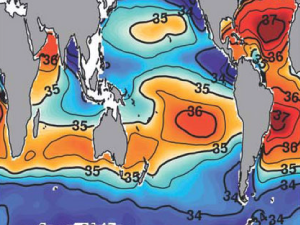
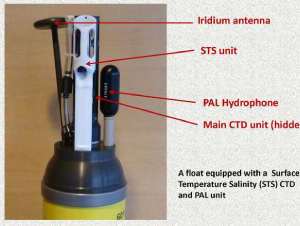
Engineering Advanced Argo Floats (00:04:41)
In order to better compare Aquarius satellite data (measuring global ocean salinity) to autonomous float data, the scientists involved with the Argo program engineered an "Advanced Argo Float".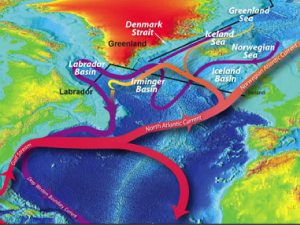
Global Ocean Circulation (00:03:14)
To understand Earth's climate, it is important to understand ocean circulation, which can be studied by examining ocean salinity. Julius Busecke explains how North Atlantic deep water is formed and how that drives global ocean circulation. 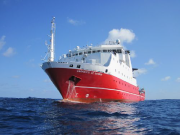
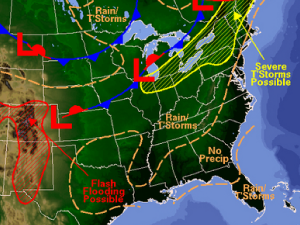
Mesoscale Eddies: The Weather of the Ocean (00:05:26)
In this clip, Ph.D student Julius Busecke explains that through his research, he is trying to determine how freshwater is carried throughout the ocean and how mesoscale eddies in the ocean are affecting properties like ocean salinity.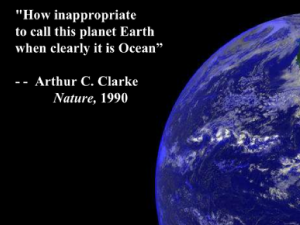
Sun, Heat, and the Global Water Cycle (00:01:53)
Dr. Raymond Schmitt discusses the connection between the ocean and atmosphere and why that connection is so important to the global water cycle.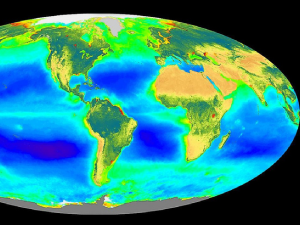
What Are Ocean Deserts? (00:04:42)
Just like the land, the ocean has areas of high evaporation, little rainfall, and little life - and they are the ocean's "deserts". One such area contains the Atlantic ocean's salinity maximum, where the SPURS cruise took place.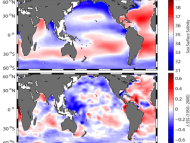
What Can We Learn From Argo Floats? (00:09:44)
Observing changes in global ocean salinity and identifying trends involves the work of many scientists to process multiple types of data.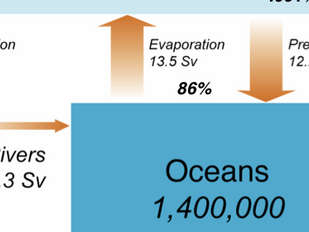
Why Worry About the Ocean? (00:01:05)
In this clip, Ph.D student Julius Busecke walks us through why we should be concerned about the ocean, due, in part, to evaporation and precipitation. Although we think of these processes as largely land-based phenomena, they actually take place on a much larger scale over the ocean.